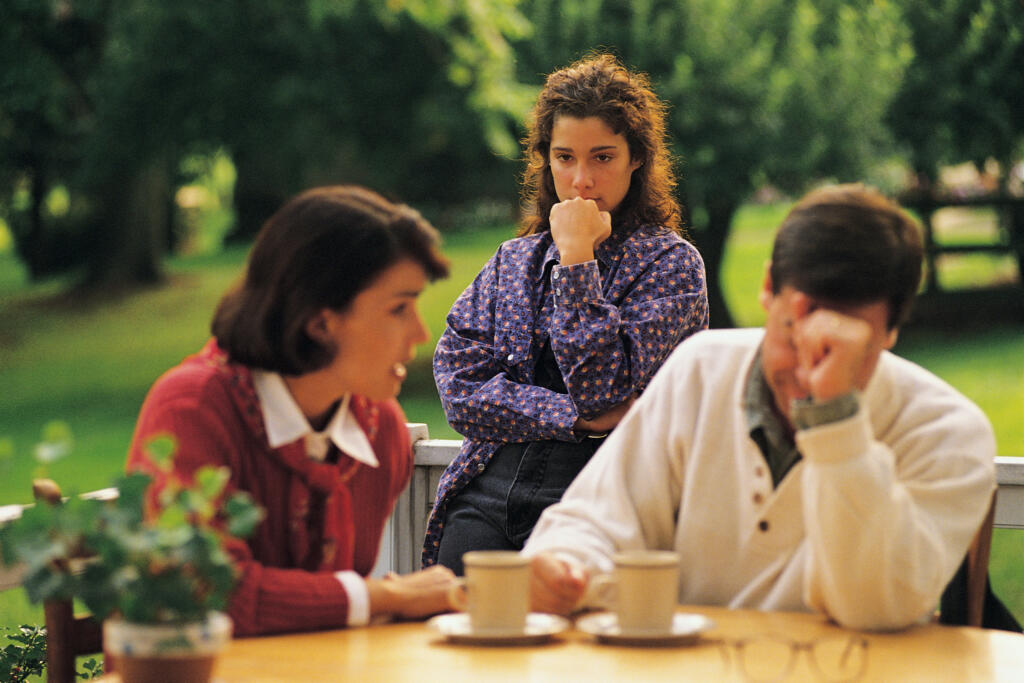
If the family farm was inherited, does this affect the outcome on divorce?
In our team we have dealt with many farming divorce cases, both large and small. We’ve noticed that It is quite unusual to come across a first generation farm these days. With land prices having increased so much in the last 20 years, the majority of farms have been accumulated over a number of generations. We often act for the third or fourth generation.
This article looks at whether inheritance or gift of that land is relevant to the financial settlement that will be made in a farming divorce and is part of a series of articles on this. Our first article covered how farm divorces are different to other types of divorce.
What happens to the inherited farm on divorce?
In a typical farming situation, where the farm has been accumulated through inheritance and gift as well as the efforts of the spouses, the person who inherited the farm will usually have an advantage.
The Court must look at whether the farm is matrimonial or non matrimonial in nature. Land that has been inherited or gifted over generations may be regarded as non matrimonial.
On the other hand, it may be that some of the land will have been purchased by the spouses within their marriage using commercial borrowing or accumulated profits of their partnership. That might be more vulnerable to sale or division on divorce as it will be regarded as a matrimonial asset. This is a complex area and careful accountancy and legal advice needs to be taken.
What happens to the non inheriting spouse on divorce?
In a marriage of any reasonable length, although the non inheriting spouse may not expect to receive an equal share of the farm, their needs must still be met and housing will be a priority.
There are also the needs of any minor children which will be the Court’s first priority if they are not going to continue to live at the farm following the divorce. Almost inevitably therefore, even if all the farm was inherited, the non-inheriting spouse will be entitled to receive capital to re-house themselves and it is likely that some form of income provision or pension provision may also be made.
The financial settlement for a farm divorce
The extent of the provision will also depend to some extent on the financial state of the farm and the available liquidity.
A farm which is subject to very little borrowing and has cash at the bank is more vulnerable to having to raise a larger sum for housing the “outgoing” spouse than a farm which is very heavily borrowed against.
If the farm is generational in nature the family court has been much more reluctant to damage the viability of the farm by heavy borrowings for re-housing especially if there is another generation already involved in the farm and hoping to take it on in the future. That said, the Court will still consider the needs of the “outgoing” spouse and minor children.
Solutions to achieve fairness in a farm divorce
A good way to proactively protect a generational farm is by setting up pre-nuptial or post-nuptial agreements. However, even without these, sometimes inventive solutions can be used to achieve some fairness between the spouses whilst allowing the farm to remain viable.
Examples of this may be the transfer of ownership of some of the land to the outgoing spouse who then agrees to let the land back to the spouse remaining on the farm. This helps to give some capital fairness and income to the non farming spouse.
Another possibility would be the development of farm out-buildings or some other diversification to raise more income or capital. Again it is vital that specialist legal and accountancy advice is taken and we work closely with our colleagues in our agricultural and planning teams in devising the best solutions.
Finally it is often not unusual for several generations to be involved in the farm at one time. Sometimes the elderly parents may still own some or all of the farmland itself whilst farming in partnership with other family members.
In a divorce it is sometimes necessary for non-divorcing parties such as the land owning parents to become formally involved in the divorce proceedings to protect the farm as best they can – this process is called intervention and will be the subject of another article in this series.
If you wish to discuss inheritance on divorce, please contact our Family Law team who will be happy to help.
